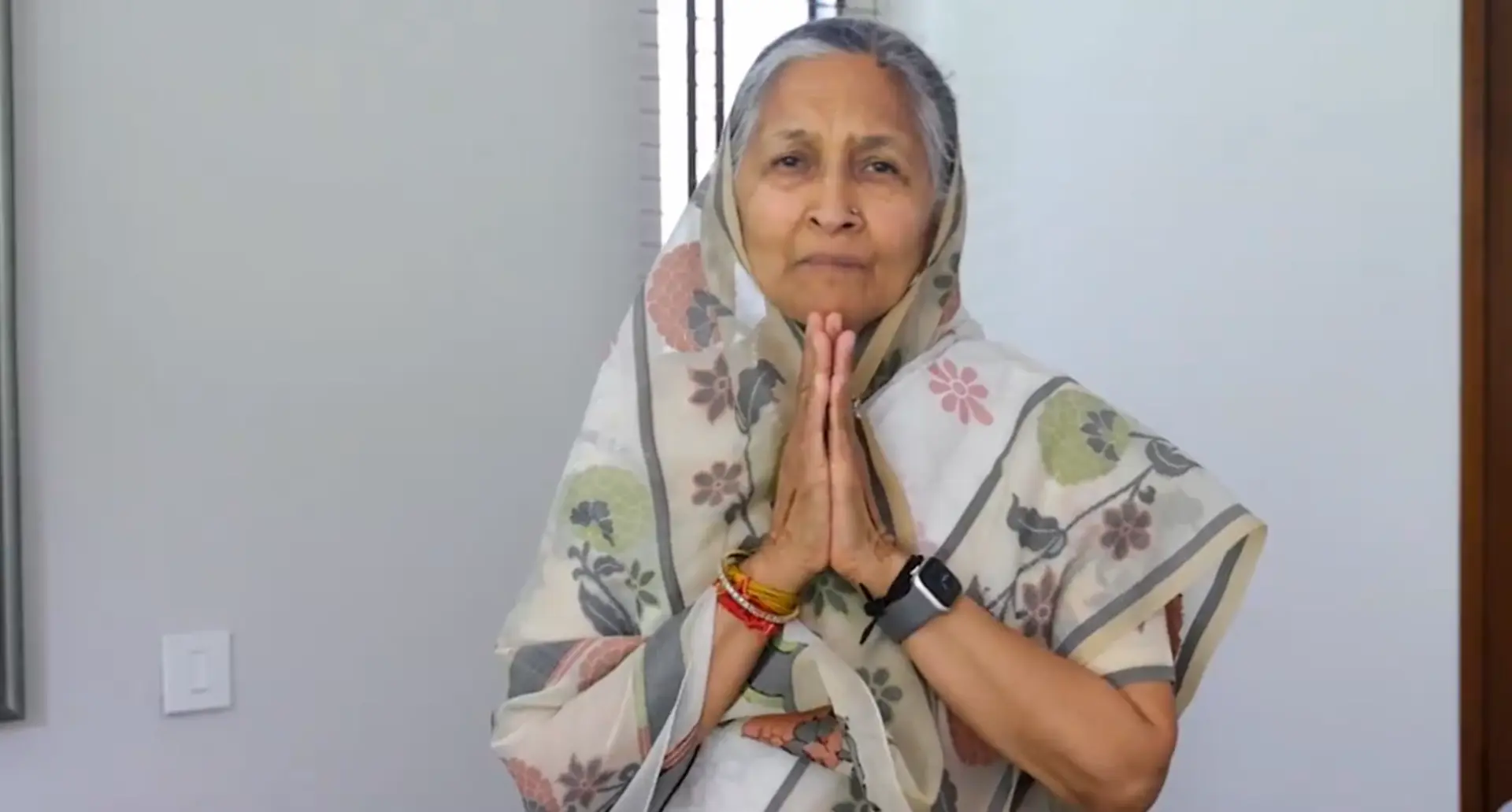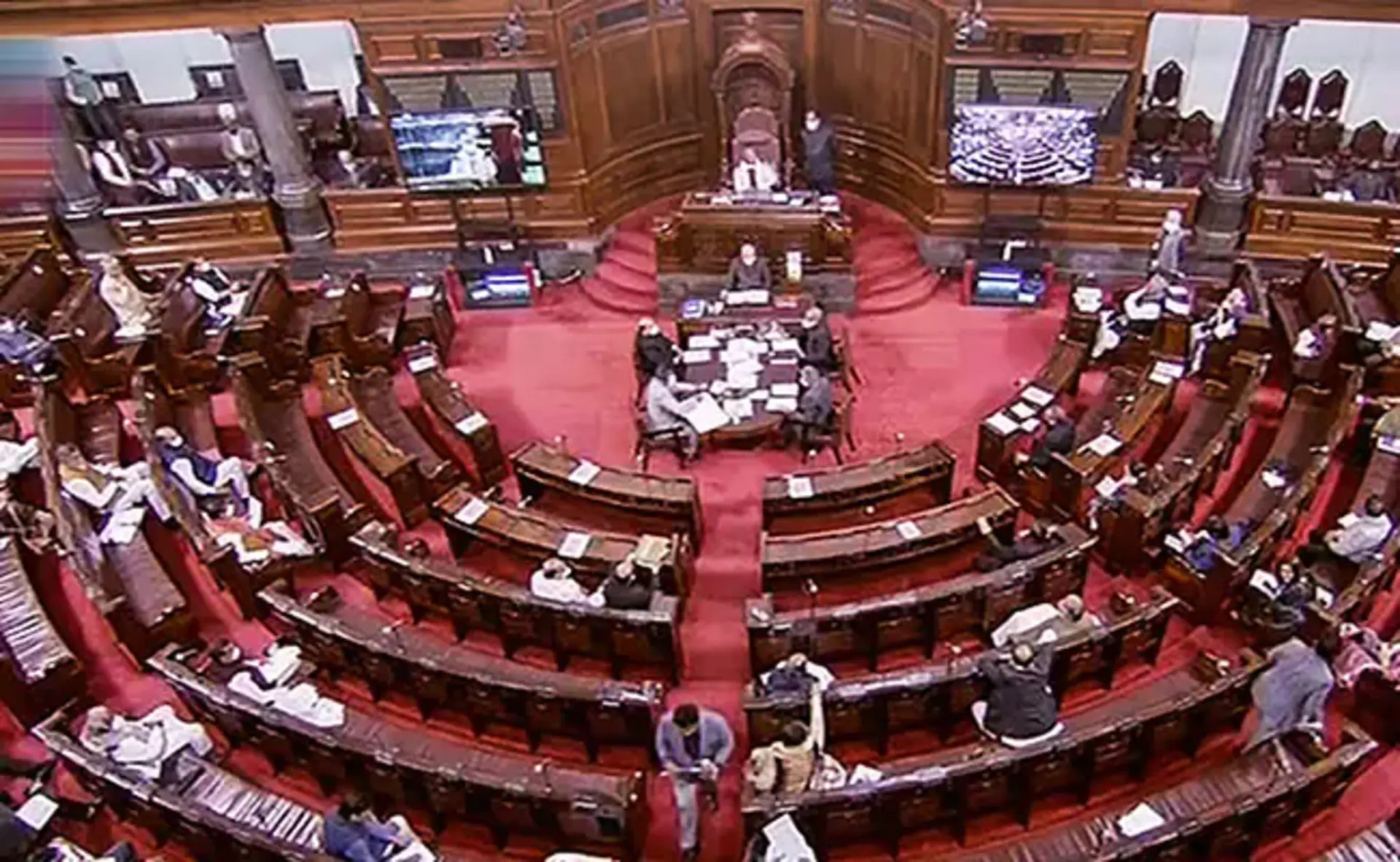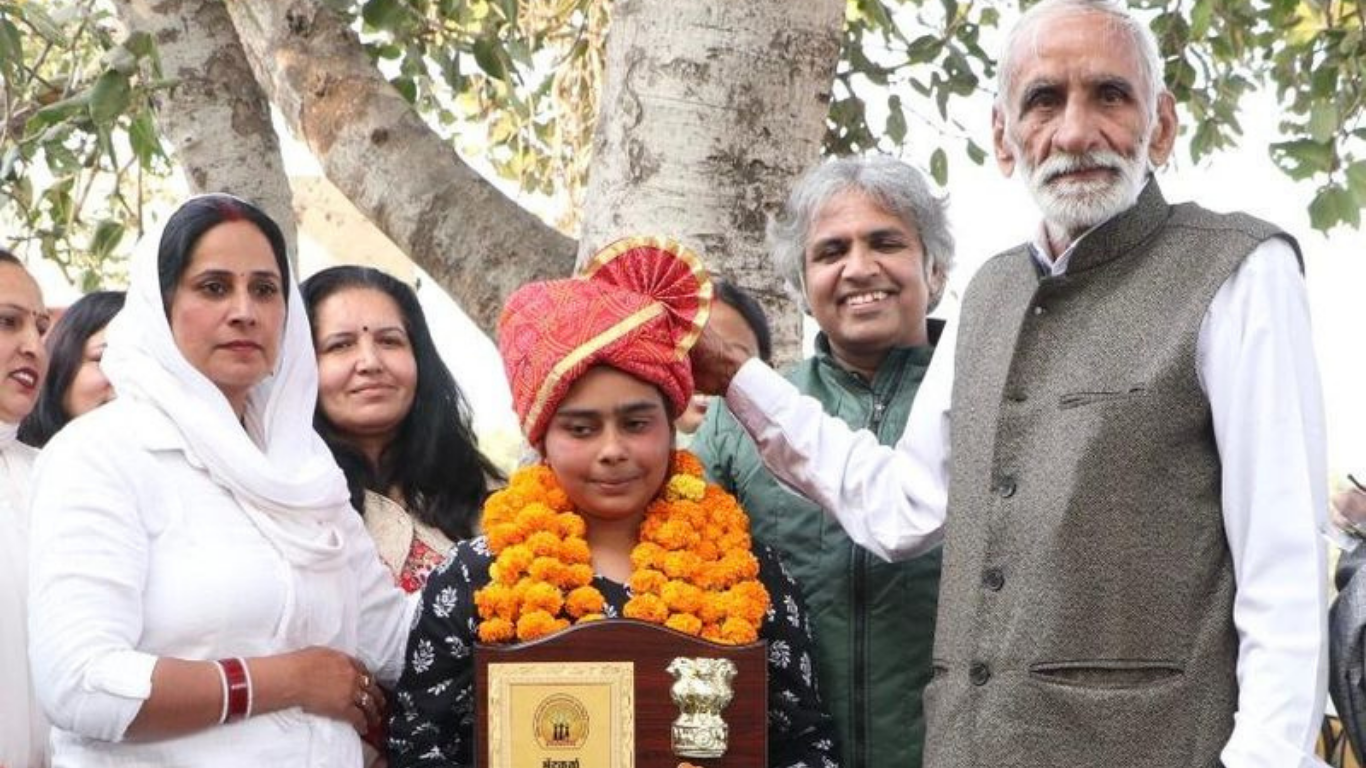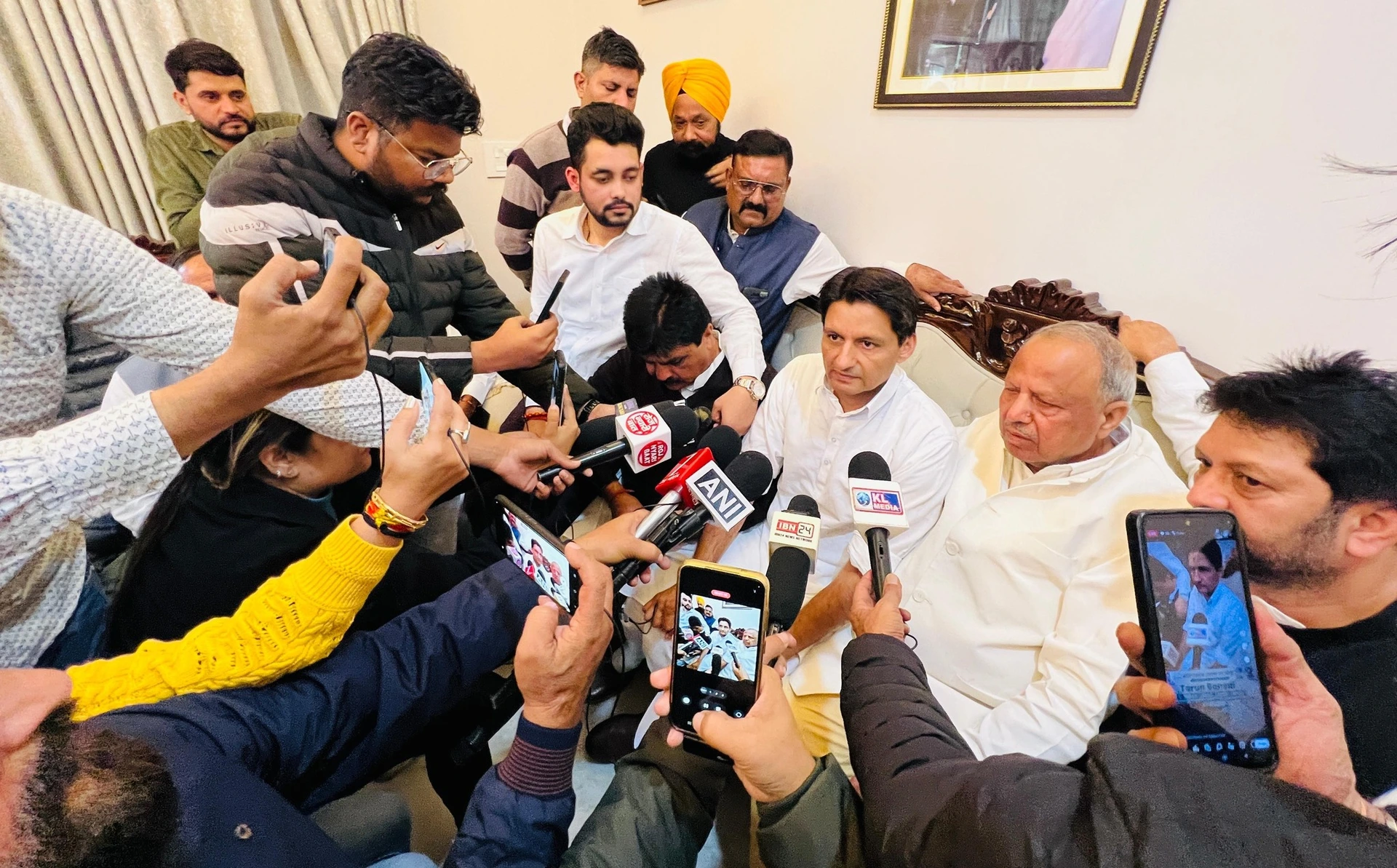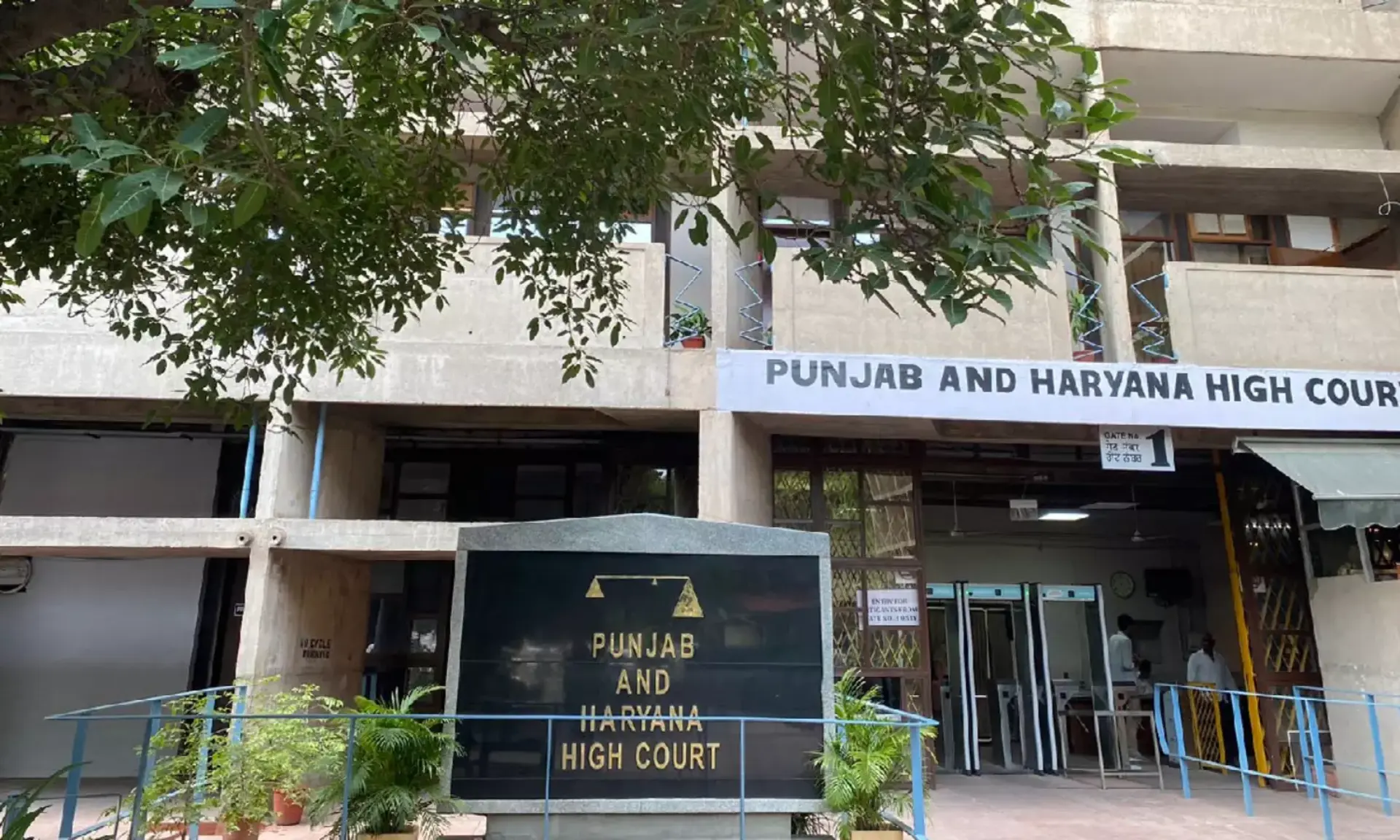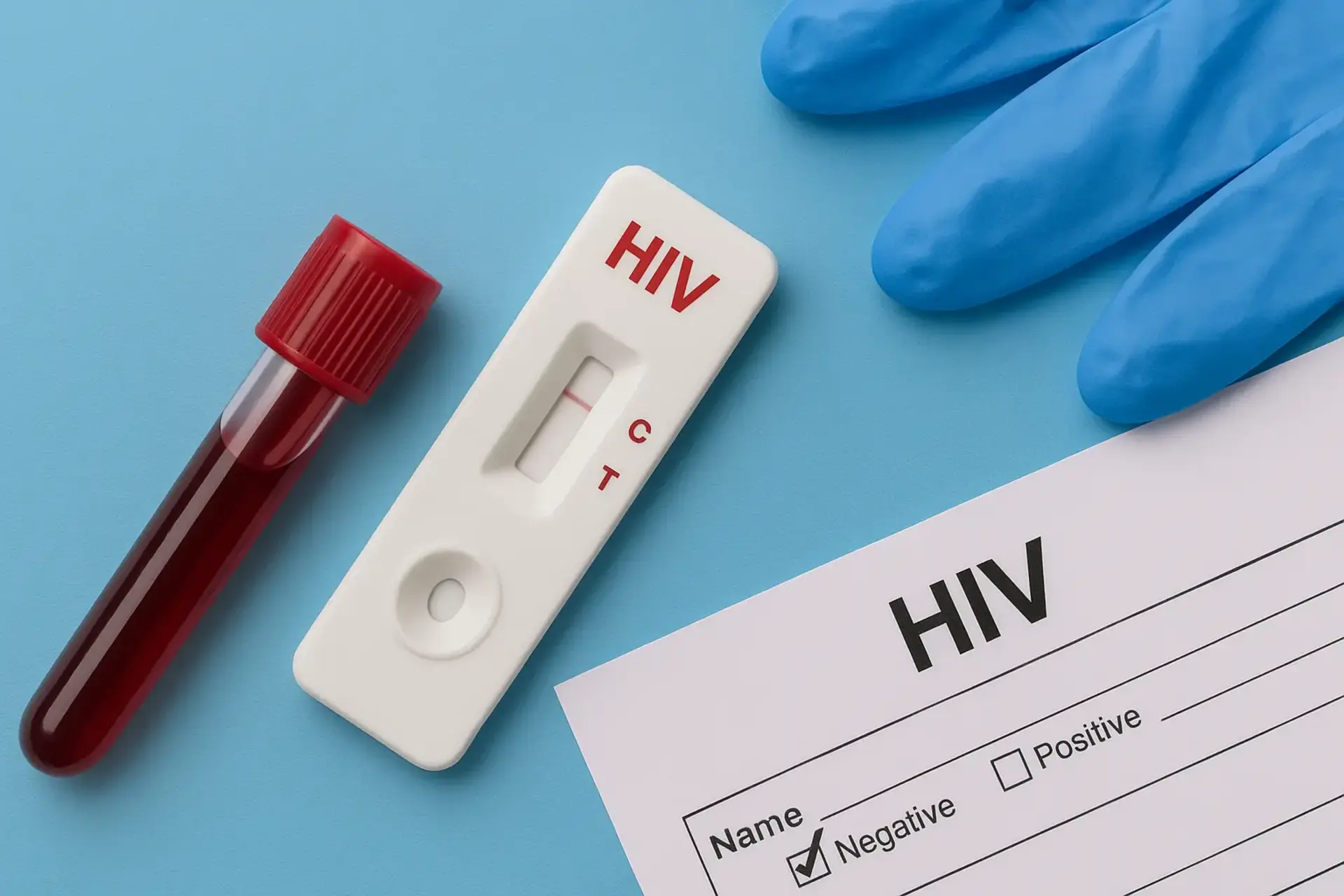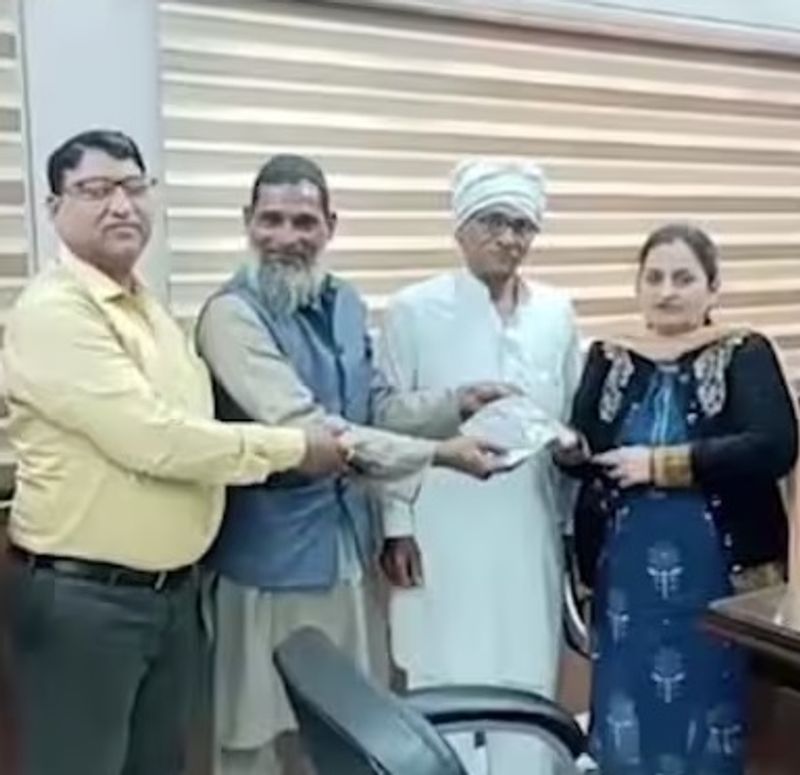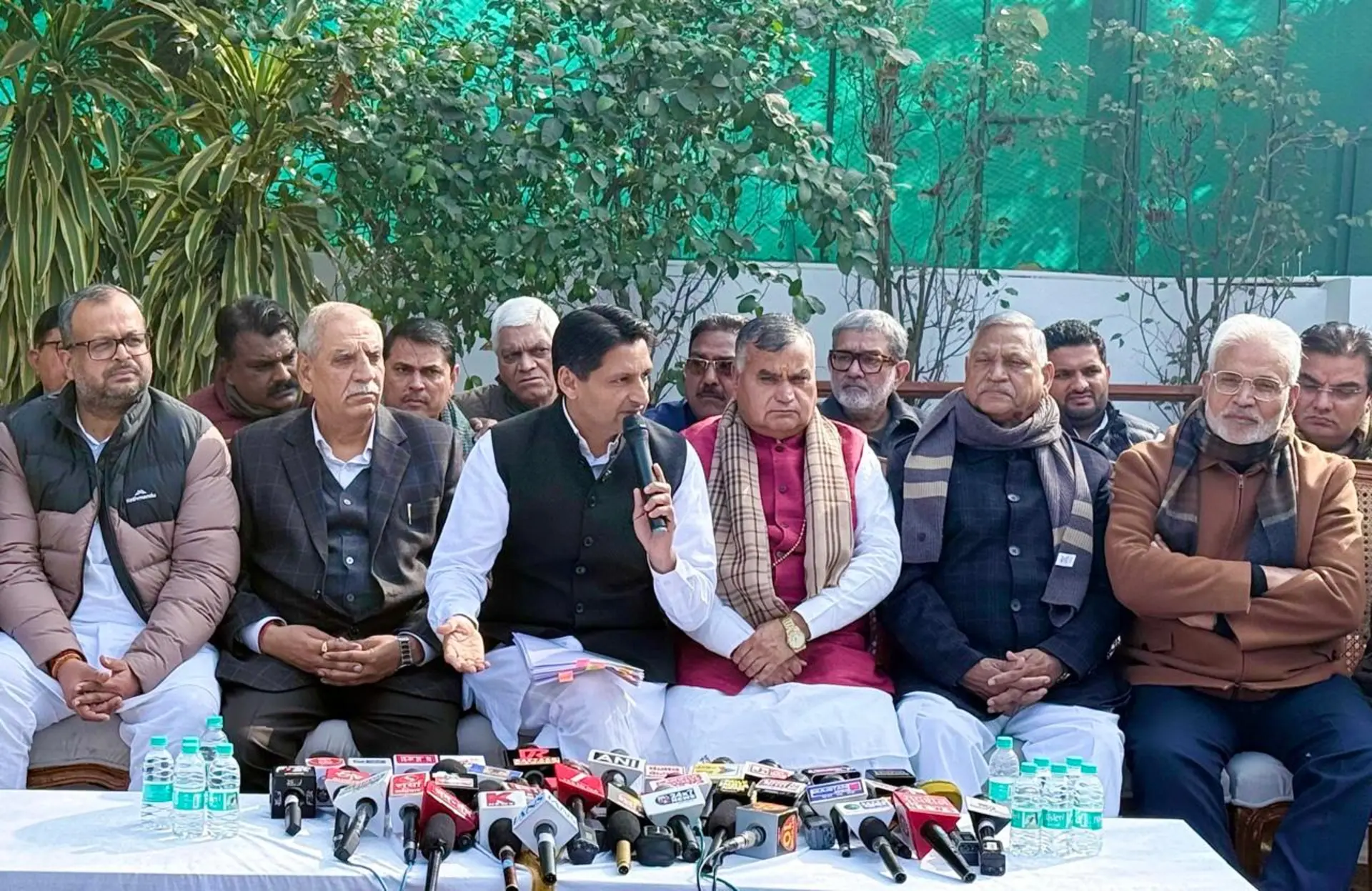
In a surprising turn of events, Savitri Jindal, India's richest woman and the fourth wealthiest person in the country, has decided to rebel against the Bharatiya Janata Party (BJP) and run as an independent candidate in the upcoming Haryana Assembly elections. This decision comes after the BJP denied her a ticket to contest from the Hisar constituency.
The 74-year-old billionaire, with a net worth of approximately 2.77 lakh crore rupees (about $33 billion), made the announcement on Thursday morning in front of her supporters at Jindal House in Hisar. "I am not a primary member of the BJP," Jindal declared, adding that she had initially returned from Delhi to discuss not contesting the elections. However, seeing the love and trust of her supporters, she changed her mind and decided to enter the race.
From Steel to Politics: The Jindal Legacy
Savitri Jindal is not new to politics or the Hisar constituency. She is the widow of the late O.P. Jindal, a renowned industrialist who founded the Jindal Group. The family has been contesting elections from Hisar since 1991, with O.P. Jindal winning his first election that year.
The Jindal family's connection to Hisar runs deep. They have established schools, hospitals, and industries in the area, providing employment to many locals. This strong base of supporters could prove crucial in Savitri Jindal's independent run.
Jindal vs. BJP
Savitri Jindal's decision to contest as an independent candidate sets the stage for an intriguing battle in Hisar. She will face off against Dr. Kamal Gupta, the current BJP minister who has been given the party ticket. Interestingly, this is not the first time these two have competed against each other. In 2014, Jindal contested on a Congress ticket and lost to Gupta, who was then the BJP candidate.
The upcoming election will also see candidates from other parties like Congress, INLD, and JJP, but the main focus is likely to be on the Jindal-Gupta contest.
Why Jindal's Candidacy Matters
Savitri Jindal's entry into the race as an independent candidate is significant for several reasons:
1. It highlights the internal conflicts within the BJP in Haryana.
2. It brings attention to the role of wealthy industrialists in Indian politics.
3. It could potentially split the vote bank in Hisar, affecting the outcome of the election.
As the election approaches, all eyes will be on Hisar to see how this high-stakes political drama unfolds. Will Savitri Jindal's wealth, influence, and local connections be enough to secure a victory, or will the BJP's organizational strength prevail? The answer to this question could have far-reaching implications for Haryana's political landscape.



